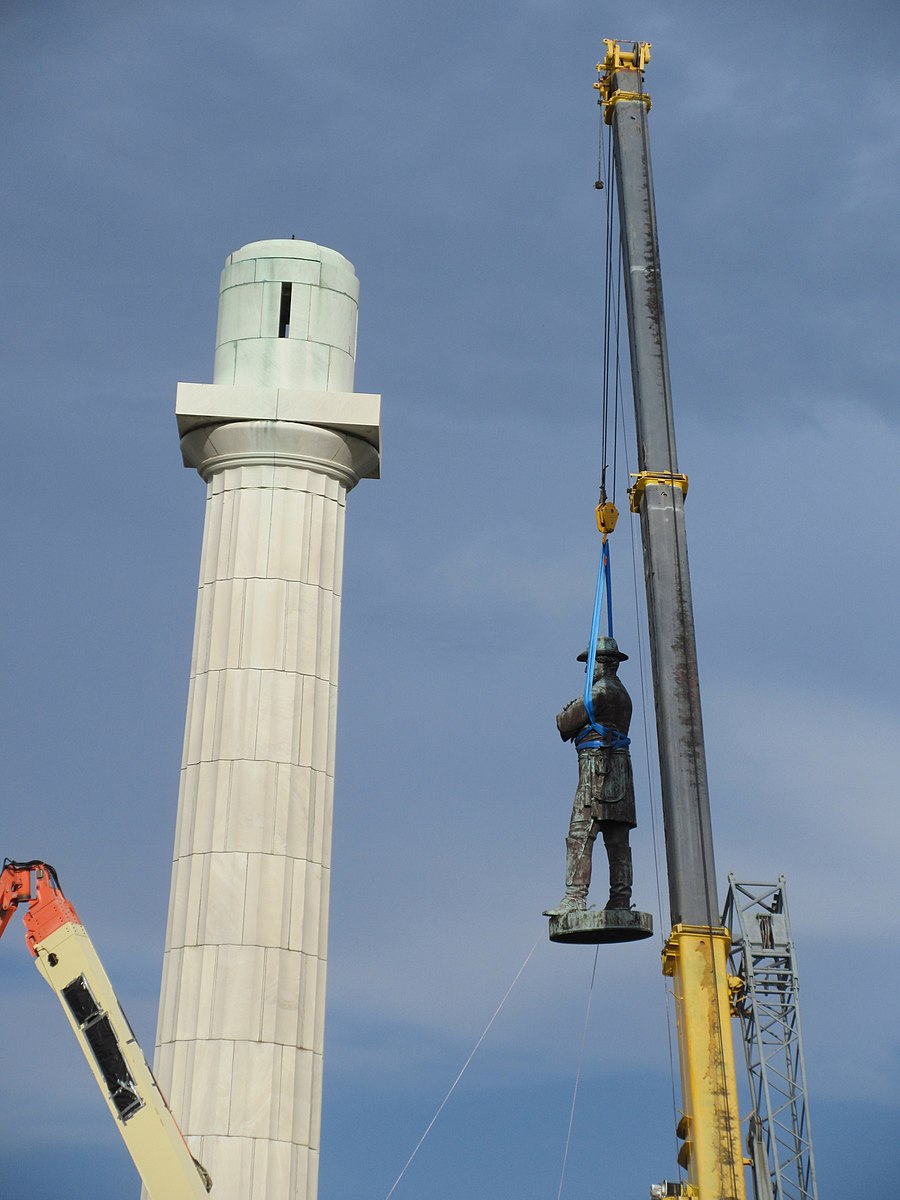In his recent review of Daniel Immerwahr’s How to Hide an Empire, Bryan observed that we need to learn and confront our history if the United States is ever to embody its highest ideals. This has become a familiar refrain in recent years, the culmination of decades of work in history and other fields to tell stories that haven’t been told or lift up perspectives that have been ignored by mainstream history. Whether the subject is race, capitalism, or empire, new research agendas are reframing the way we look at our history. It’s a hot debate especially because it’s playing out in the public sphere in a way few other historical debates do, from the removal of Confederate monuments to curriculum proposals for “patriotic education.”
For a long time, the crux of this debate seems to have centered around a persistent binary: that we can either learn history the “traditional way” or the “revisionist way.”
Increasingly, though, some “traditionalist” historians seem bent not on denying the shameful parts of our history, but on rejecting the need to grapple with them. Take for instance History Reclaimed, a new website edited Robert Tombs and David Abulafia (whose 900-page history of the oceans I finished earlier this summer). On their website, History Reclaimed explain their raison d’être:
Activists sometimes assert that ‘facing up’ to a past they present as overwhelmingly and permanently shameful is the path to a better and more ‘inclusive’ future. But the real effect—perhaps the true aim—of their actions is nihilistic destruction. Tendentious and even blatantly false readings of history are creating divisions, resentments, and even violence. This is damaging to democracy and to a free society.
History Reclaimed claims to embody the true core of the discipline of history, taking it back from agenda-driven scholars. But Abulafia tips his hand in this piece on critical race theory, where he condemns “the Theorists” for their “moralising jargon” and for abandoning “the art of writing history as it has been written ever since the time of Herodotus in ancient Greece.”
This phenomenon is not new, but it does seem to be growing more pronounced. Much as climate defeatism is replacing climate denialism, it’s hard to argue against the historical facts and still seem credible. It is easier to say that even if bad stuff did happen, it’s only being brought up as part of political agenda.
Is there a political agenda in revisionist history? Sometimes! But History Reclaimed is its own political project. After all, who is “reclaiming history” from whom?
According to History Reclaimed, “Free societies depend on popular participation, trust and solidarity. They need a sense of common purpose and self-worth. A shared history is a necessary foundation for a successful democracy.”
I couldn’t agree more. A shared history is necessary for a strong democracy. But our histories, like our democracies, have always been incomplete. These narratives worked by systematically excluding racial and ethnic minorities, women and LGBT+ individuals, colonized peoples, and others. It’s beyond time to embrace a new approach.

One reply on ““Nihilistic Destruction?” History Reclaimed Joins the Culture Wars”
Great post, Kevin, and I agree wholeheartedly with your sentiments. It can be easy for us historians to think we don’t need to do any more work towards social justice; to say “No duh, bad things happened in the past” because we are more in the know than the average citizen. Yet confusing simple recognition for true reconciliation of history’s injustices is easy for those who do not suffer from their continuing influence. To further argue that a healthy democracy requires a shared, constructed, past, thus willfully denying or ignoring history’s messiness and tragedy, is commentary unworthy of the discipline, not to mention worryingly authoritarian.